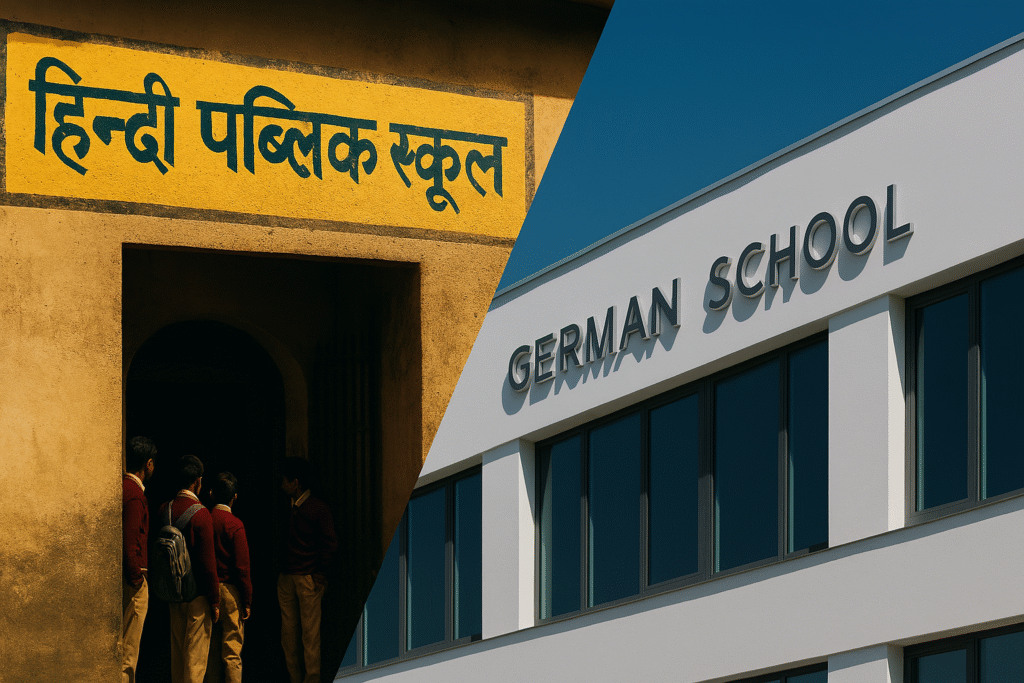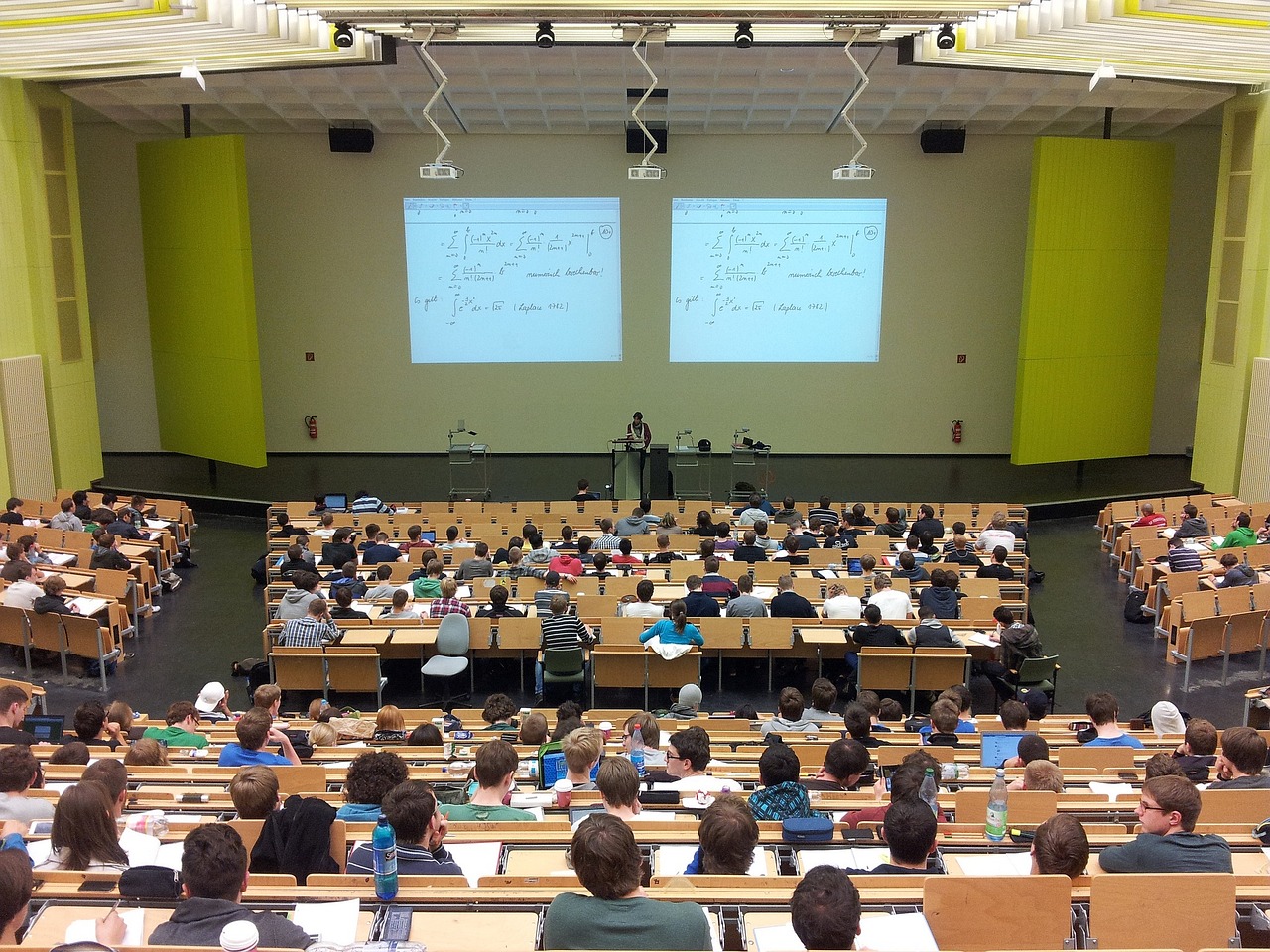
Why Do We Still Follow Systems Without Asking Why They Exist?
Have you ever wondered why schools start with morning prayers, why uniforms look the same everywhere, or why Sunday is always a holiday? These habits didn’t appear overnight they’re part of a centuries-old system built for control, not creativity.
To understand why Germany’s schools are the way they are today, we have to step back in time to the 18th century, when education was designed not to enlighten but to discipline.
🏰 How Did the Modern School System Begin in Germany?
Back in 1763, King Frederick the Great of Prussia made education compulsory for all children rich or poor. On paper, it sounded revolutionary. In reality, it was a way to shape loyal citizens who would obey the monarchy.
Schools were controlled by the Church, and lessons revolved around Biblical teachings. Children were taught to follow orders, not question them. Physical drills and commands like “stand at ease” or “attention” were part of the daily routine echoes of the military discipline that Europe valued at the time.
This system spread across Europe, eventually reaching Britain and later India through colonial rule. Even today, some of our habits uniforms, summer breaks, Sunday holidays stem from this old Prussian model.
🕰️ Why Do We Still Have Summer Vacations and Sunday Holidays?
Ever noticed that school calendars look similar in India, Germany, and the UK? That’s no coincidence.
Sunday was declared a rest day because families went to church, and summer vacations were introduced not for leisure but for harvesting crops. Families needed children to help in the fields, so schools shut down for weeks.
These customs, though outdated in purpose, still shape how education schedules work globally today. What started as practicality became tradition followed unquestioningly.
📚 What Makes Germany’s School System Unique Today?
Fast forward to modern Germany the philosophy has changed completely.
Today, education here is decentralized and state-governed, not controlled by the central government. That means every one of Germany’s 16 states runs its own education board, curriculum, and grading system.
While subjects and books remain broadly similar, marking standards and school structures can vary noticeably across regions.
👶 When Does Schooling Start in Germany?
In Germany, children start formal education at age six in Grade 1. Before that, parents can choose whether to send their child to a Kindergarten, which literally means “children’s garden.”
Unlike many Indian preschools, kindergartens here focus on social development, creativity, and play, not early academics.
Kids sing, explore nature, learn teamwork, and simply enjoy being kids. Reading or writing comes later when they’re emotionally ready.
🏫 How Are Early Grades Structured?
The early years are refreshingly pressure-free.
There are no tests, grades, or rankings in the first two classes. Homework is limited to a few minutes a day just enough to build routine, not stress.
Gradually, by Grade 3, mild assessments begin, and by Grade 4, students receive their first major academic evaluation.
That’s when a crucial decision happens one that sets the path for their next phase of education.
🔀 What Happens After Grade 4?
At the end of primary school, teachers and parents decide which secondary school best suits each child’s abilities and interests.
Germany offers several tracks from general secondary schools to comprehensive or special-needs schools each designed for different learning styles and career goals.
This early specialization can surprise many Indian parents, but it ensures that children learn at their own pace instead of competing endlessly in a one-size-fits-all system.
💶 Who Pays for Education in Germany?
Perhaps the most inspiring part? Education is publicly funded.
From kindergarten to university, the German government bears most of the cost, ensuring equal access for all families regardless of income.
That’s one reason international students and expats often describe Germany’s education model as fair, inclusive, and future-oriented.
🌍 What Can India (and the World) Learn from Germany?
Germany’s education system proves that learning thrives when children are trusted, not tested.
It replaces fear with curiosity, grades with growth, and competition with collaboration. While no system is perfect, Germany shows what can happen when education focuses on developing humans not just workers.
✨ Closing Note
Understanding how the German school system evolved helps us question our own.
Maybe the goal of education isn’t to fit in but to find out who we are.


